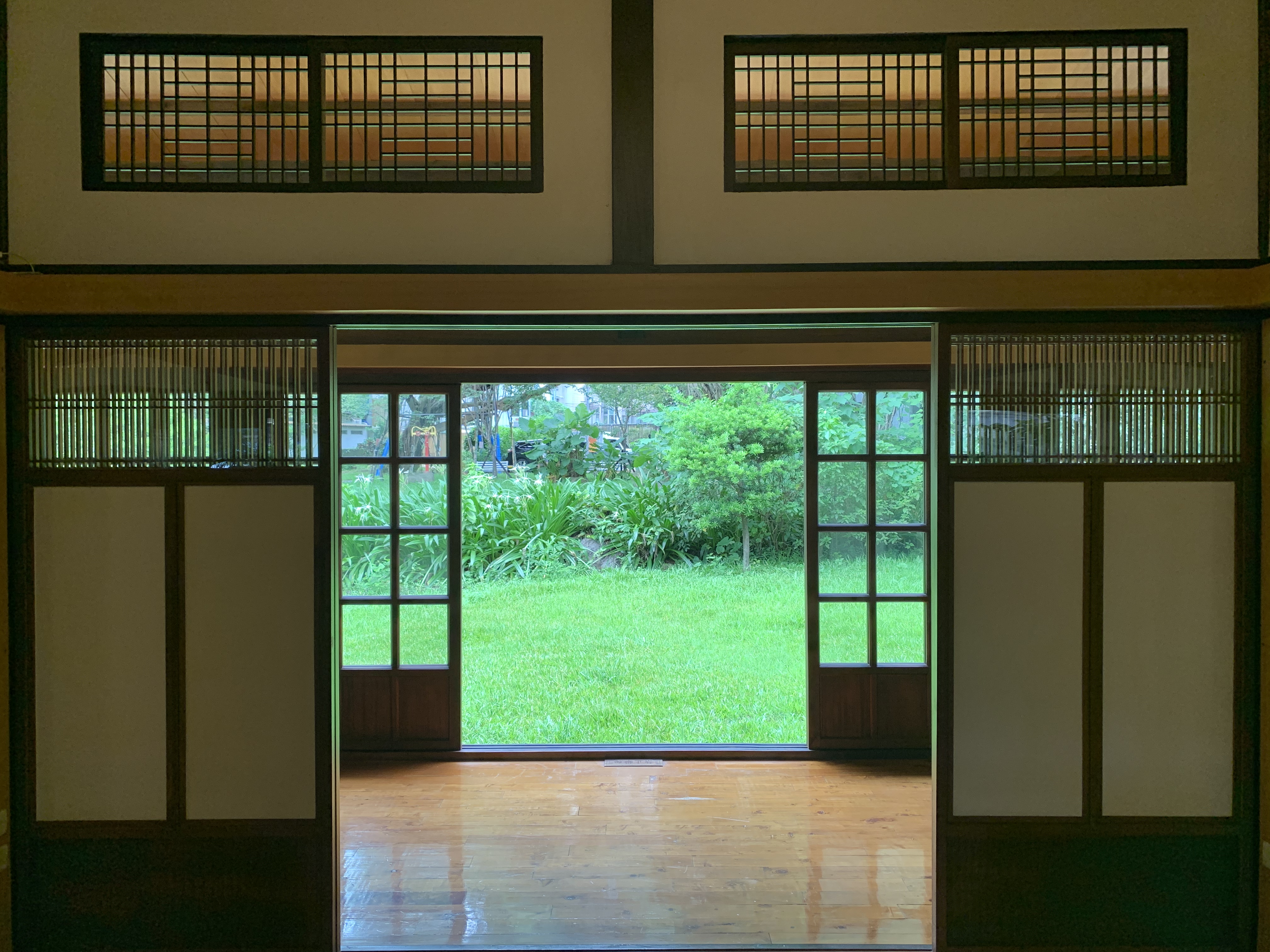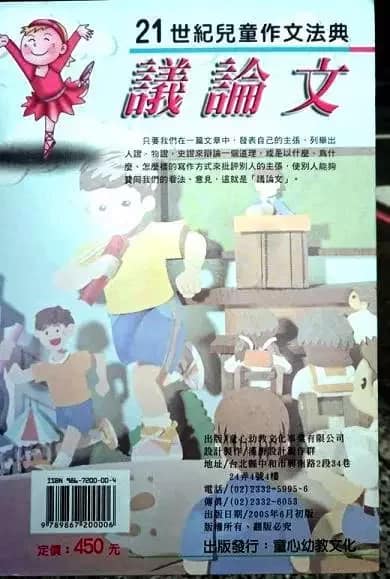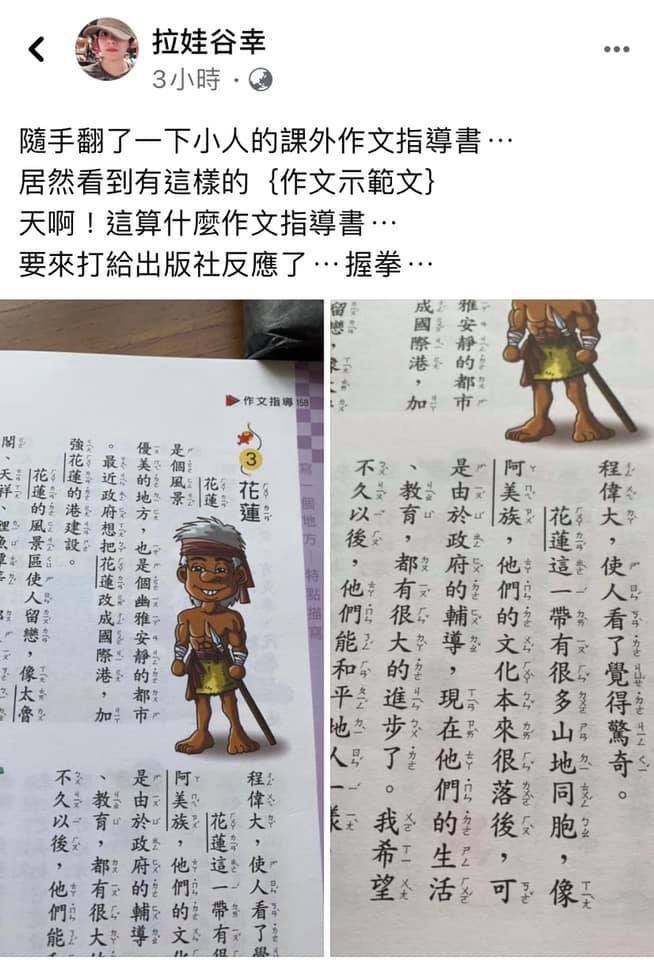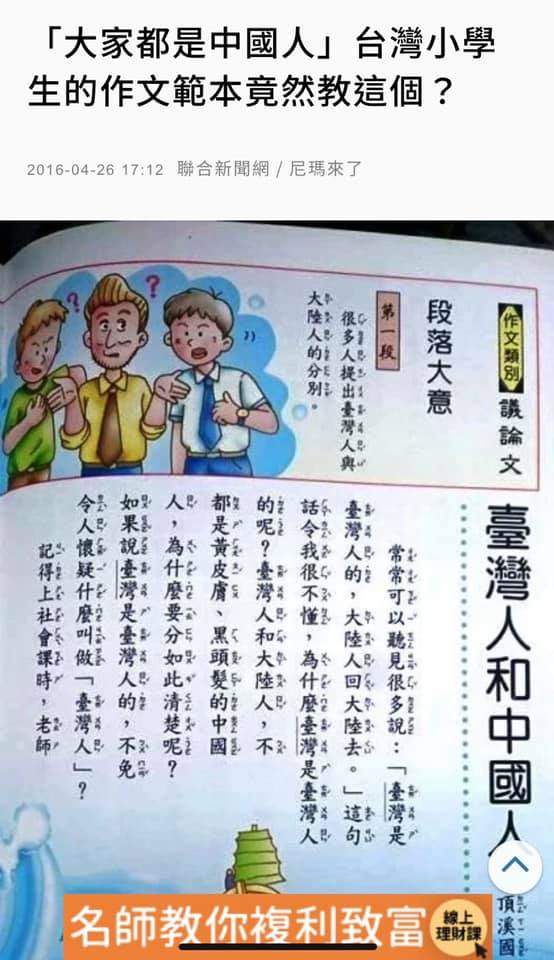Before I get started, I just wanted to let everyone know that our much bandied-about piece reviewing every general history of Taiwan is now up, and can be read over at Ketagalan Media. I'll save a link in the "Books About Taiwan" page pinned above.
Elegy of Sweet Potatoes (蕃薯哀歌) by Tehpen Tsai chronicles the author's experience being arrested, interrogated and eventually imprisoned by the KMT during the White Terror, despite having broken no actual laws of the incoming regime. The beating heart of the story revolves around the government's insistence that Tsai had a book about Chairman Mao.
He had no such book, but a friend of his who had been arrested had given his name and said he did, in order to prolong his own life while the matter was investigated. In order to end his torturous interrogation in Chiayi, he admitted that he might have had the book without realizing it. This "confession" was used to imprison him for years, even as he recanted it later, refusing to validate that version of events.
This caused him trouble -- the authorities were not interested in hearing that a forced confession had been false, as they'd already decided Tsai was guilty -- but is ultimately what might have saved him from execution. Possibly.
While in prison, Tsai details how things worked, what his fellow inmates had been jailed for, and how the governance of Taiwan by the KMT turned him and many other Taiwanese from welcomers of a new leadership kicking out the Japanese colonizers to a citizenry who hated the brutal dictatorship that not only replaced Japan, but was arguably worse.
Just telling it like this, apparently, pissed a lot of people off.
There is something wonderful about that: a memoir that tells a truth so ruthlessly that it even angers who align with the writer politically.
That's what Tsai does: no ideology-mongering, no re-jiggering history to fit his preferred analytical framework, no punch-pulling -- just the truth. And the complexity isn't limited to "good" and "bad", though there are a clear good and bad side in this story.
Tsai refused to blame his friend, saying that if his stay in prison could save his friend's life, he was happy to bear it. The friend was executed anyway.
With this, Tsai managed to infuriate his friend's family, for telling the truth that their relative had lied in an attempt to save his own life. Tsai refused to criticize the family for this.
That some names were extracted by torturing people who had been already arrested surely incensed yet more people: everybody wants to believe that their brave countrymen will refuse to give each other up to save their own skins, but the fact is, this is what a lot of people do when faced with excruciating brutality and execution.
Narrating his time in various prisons and re-education camps, Tsai dives deeper: pointing out both solidarity and undermining among the prisoners. He recounted how not all of the prisoners were Taiwanese -- plenty were accused Communists from China -- and mostly they managed to get along, sharing the extra, more edible food in their care packages with one another. He is absolutely clear that some (though not all) of the inmates are in fact Communists and revolutionaries, and some were in fact anti-KMT dissidents.
However, he clarifies that neither of these things should, by any reasonable definition, be considered a crime.
This infuriated many pro-Taiwan activists at the time, who wanted to sell only the narrative that the KMT unilaterally targeted Taiwanese, and that those imprisoned and executed had, in general, never been "Communists". The truth, of course, is far more complex. Most weren't, but some were. Most were Taiwanese, but some came from China.
And that's the point: the KMT was not just out to arrest dissidents and actual Communist infiltrators, as they claimed. Rather, their endgame was to terrify, punish or eliminate anyone who might oppose them, and the Taiwanese literati were certainly on that list, regardless of anything they might have actually done.
I love some of the details of this book: Tsai's charming "country boy made good" take on life, his obvious high regard for his wife in an ge when many marriages were still arranged, and the gentleness of his demeanor -- his unwillingness to hold even the most deserved of grudges -- which shines through in his narrative. When another inmate who gave friends' names to try and prolong his own life hears that Tsai isn't mad at the man who did the same to him and proclaims that he wishes he had such a friend, you don't get the feeling that the author is humble-bragging. When he arrives back on Chiayi and sees his family again it's genuinely moving.
Although he recounts how prisoners would call the KMT diaspora "pigs", he eviscerates the Taiwanese officers in Chiayi who collaborated with him just as thoroughly. It's all the more devastating knowing this is coming from a man who would not naturally toss off such an insult.
There's something very Taiwanese about the way the story is told that I can't quite put my finger on. The narration of shorter stories about his time in jail instead of regular chapter markers might be it, or referencing literature and things about life in Taiwan without explaining them too much, or just the way the prose flows. All while being completely forthright about how his own feelings regarding the KMT changed over time.
This makes the story all the more touching if you are familiar with Taiwan and don't need literary tropes to guide you. Frankly, I like the narrative the way it is: a story about the sweet potato-shaped island by a self-professed sweet potato: a Taiwanese local literati caught up in horrific, unfair brutality meted out by an illegitimate squatter government.
I can't help but think, however, that there's a clear dramatic and emotional arc here that, if teased out correctly, could win over non-local audiences. With a cohesive storyline and compelling characters (whom, as far as I know, were all real people), I could even see it as an international award-winning film.
And yet, perhaps in making such changes, something else vital would be lost. Indeed, it's hard to imagine such a beautifully devastating book being turned into anything other than exactly what it is.
Let's end with this: if you are one of my few readers who is (weirdly) pro-KMT, and have been inclined in the past to make arguments that they really weren't that bad, that Taiwan is better off with the party having set up shop here, that perhaps parts of the White Terror were justified...
...well, first, I'm going to emulate the monk-like patience of Tehpen Tsai and not tell you the four-letter word in my head.
Secondly, don't. Just don't. Read this book, and consider that the protagonist is a man who was happy to see the Japanese go, only to realize that the regime that replaced them was so much worse that in fact, the Japanese era looked halcyon by comparison.
All the proof you need that the KMT's reign of terror was indefensible and they are arguably one of the worst things that has ever happened to this fine country can be found in these pages. So read them.










